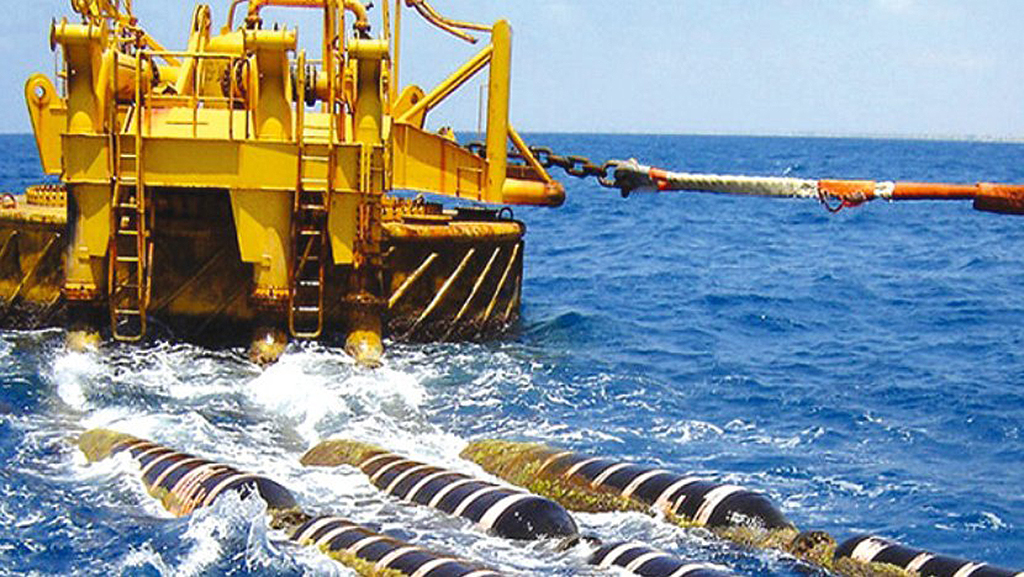Greek Foreign Minister Giorgios Gerapetritis on Saturday reaffirmed the continuation of the power interconnection project between Cyprus and Greece.
“The timing will come and it will come soon,” Gerapetritis told Greek news website mononews.gr, addressing concerns surrounding the project’s timeline.
Gerapetritis said the continuation of the power link depended on both company planning and Navtex (navigation telex) alerts due to the long marine route the project covered and company planning.
Asked about the current state of the project, he stressed that, contrary to recent claims, Greece had “absolutely not given in”.
“I know that there is suspicion. And, unfortunately, there are professional patriots who are constantly trying to stir up people’s emotions and push them towards intolerance,” he said, pointing to public scepticism around the project.
In regard to last summer’s developments, when Turkey deployed up to five warships near the maritime boundary between the islands of Kasos and Karpathos, just outside Greek territorial waters, Gerapetritis said that last year’s investigation continued and was completed according to the company’s planning.
“Indeed, as they should not have, Turkish warships came out. We understand that Turkey considers that the Turkish-Libyan memorandum is in force, and is producing results,” he said.
He claimed that the memorandum was illegal and non-existent, adding the marine area in which the cables were set to be laid is protected by international law.
“And since we all say that we want to have a basis of understanding, international law, we cannot do it on a selective basis. Greek foreign policy consciously chooses a stance loyal to international law,” he said.
He reaffirmed that the Cyprus-Crete electrical interconnection project would continue, stressing he could assure this happened “at the appropriate time”.
He noted that the recent submission of Greece’s maritime spatial planning marked the first time the country exercised its right to extend its territorial waters up to 12 nautical miles in an international text, dismissing criticism of the measures as “untimely and hypocritical.”
He reiterated Greece’s readiness to pursue maritime delimitation agreements with neighbouring countries, including Libya and Turkey, and confirmed willingness to jointly refer the matter of the exclusive economic zone and continental shelf to the Hague.
“He who has international law on his side is not afraid,” he said.
Last month energy expert Dr Charles Ellinas cast doubt on the project. There is “no clear information” on whether or not the Great Sea Interconnector project, which would connect the electricity grids of Greece, Cyprus, and Israel, will proceed, he said.
Speaking to business news website Stockwatch, he said the project has been “interrupted”, and that stakeholders are unsure of its future, “despite assurances” from Greece’s independent transmission system operator Admie.
In November 2024, Energy Minister George Papanastasiou announced that the Cyprus-Crete electrical interconnection project was likely to face delays, with completion now realistically expected by the end of 2029.
The minister back then described the project as “ambitious and optimistic,” noting that technical and logistical challenges could slow down its progress.
A €1.4 billion contract, awarded to French company Nexans, which forms part of the wider Great Sea Interconnector, is overseen by the Greek independent power transmission operator (Admie).






Click here to change your cookie preferences